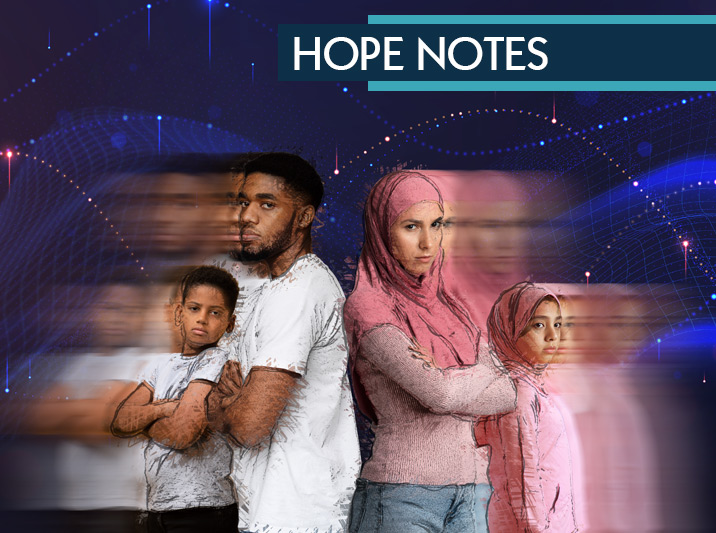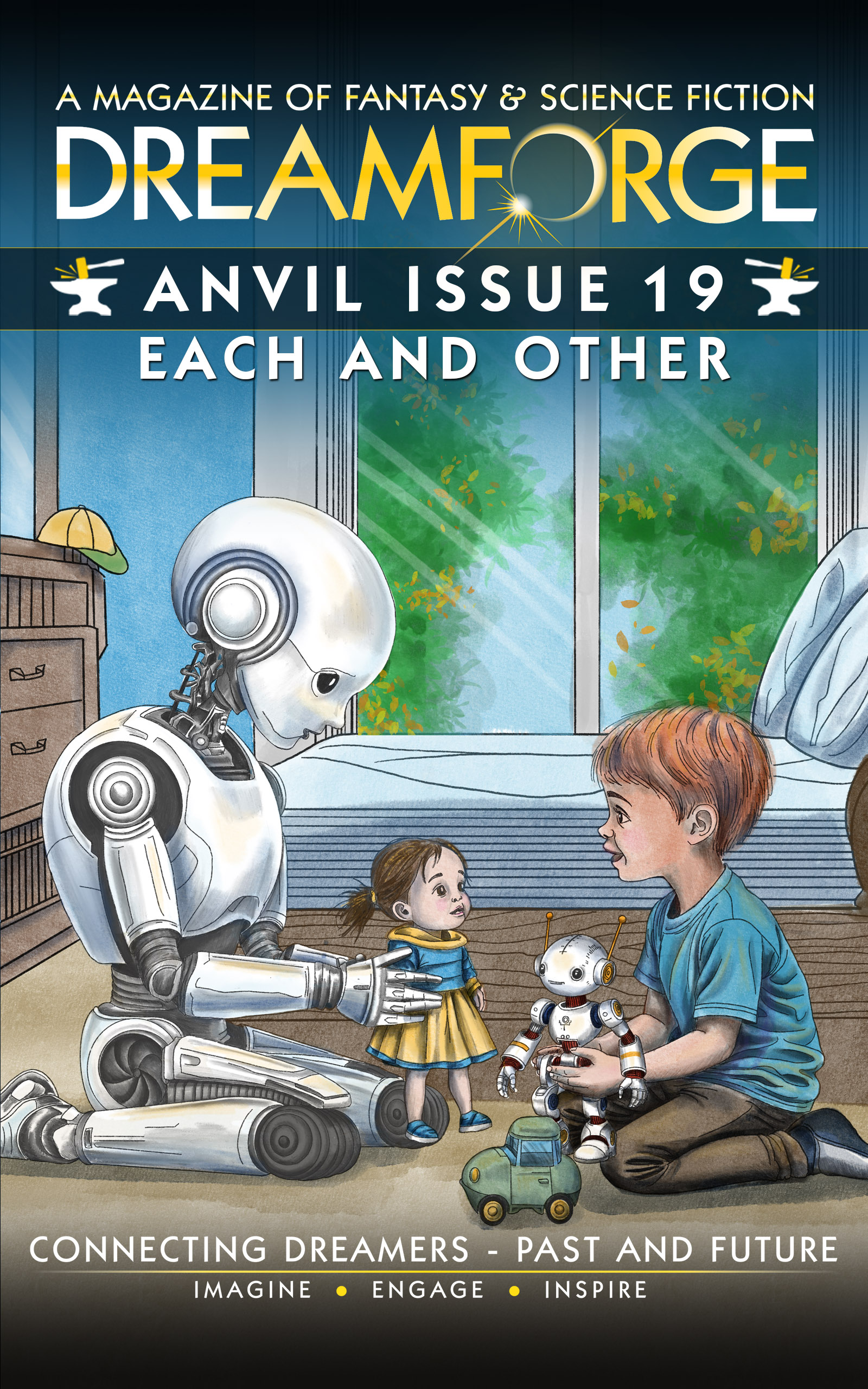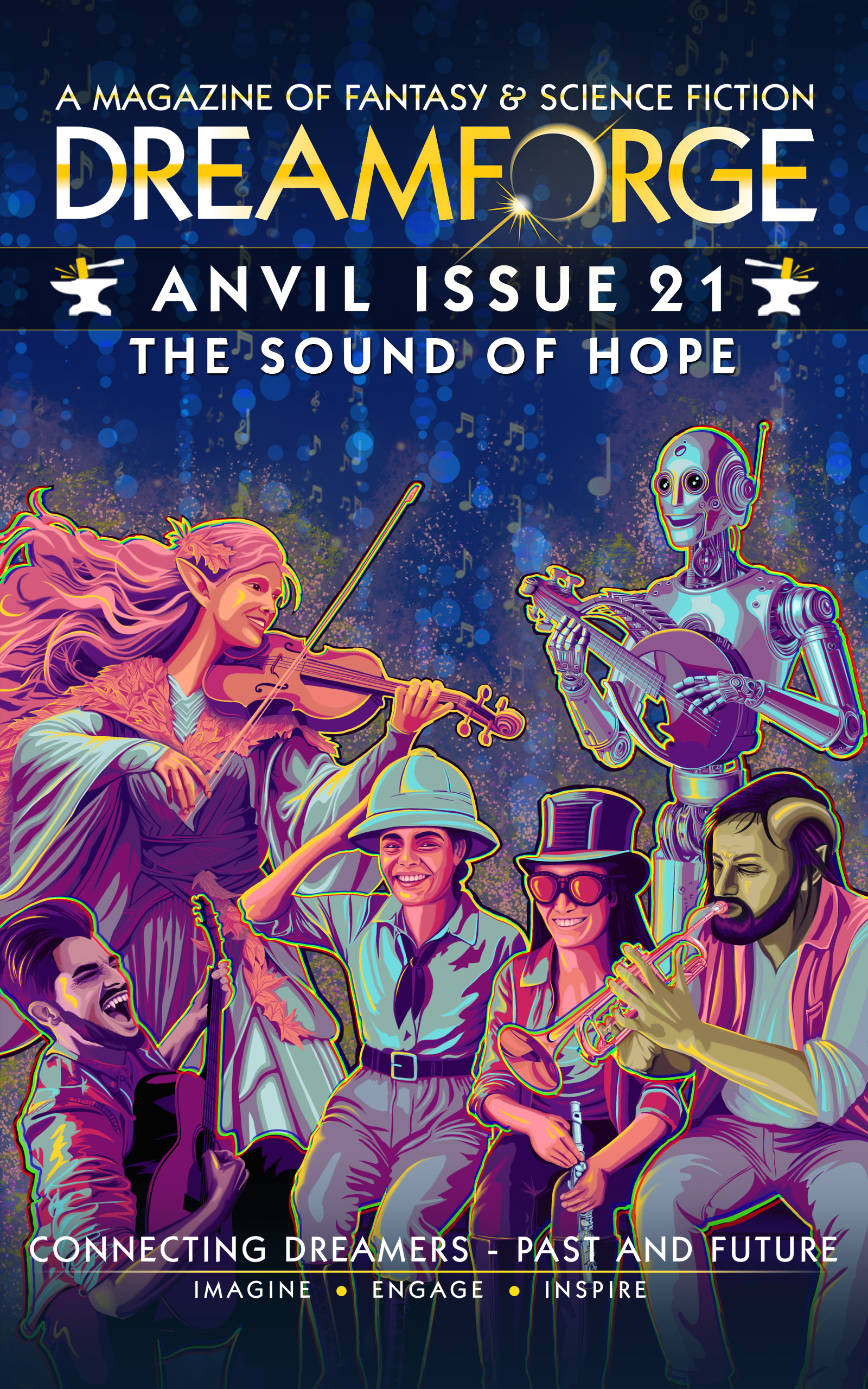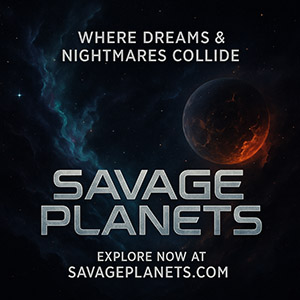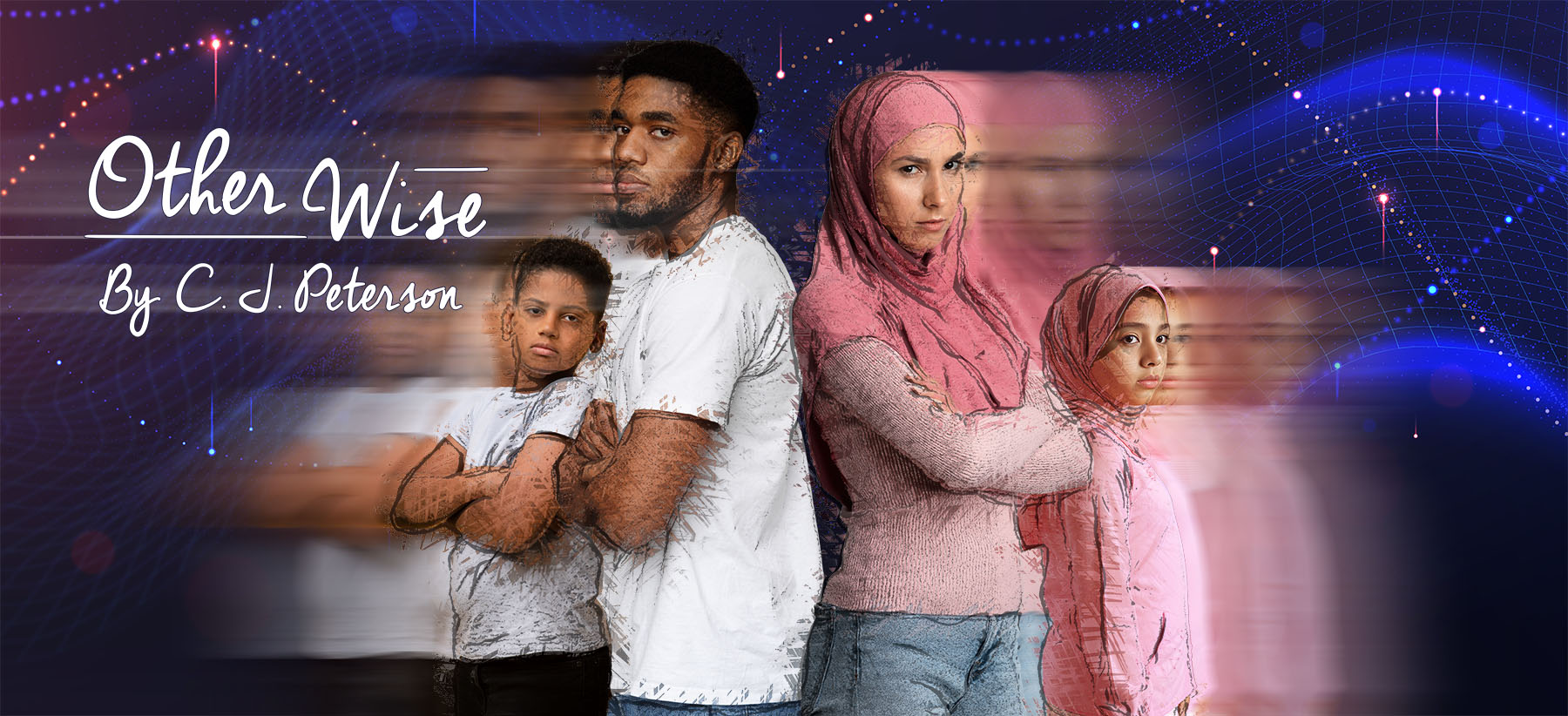
Bear with me for a moment, please.
If you’re still reading, you have passed the test for being human. Our kind is exceptional for cooperation: we will accede to reasonable polite requests, at least until disappointed of any hope of gaining anything. I would have to babble on for quite a tedious while before incurring your wrath.
Once incurred, however, I will become an enemy. My byline will be subject to avoidance, at best, and fatwas at worse. How can an author write anything inflammatory enough to deserve death? Only by becoming other: no longer included in any protected category of being.
In 1966, the incidence of autism was about 3 in 10,000. “Star Trek” premiered that September, introducing an alien species that displayed no emotions. What could this mean? Aren’t emotions just really strong opinions? Do they actually arise separately in the brain, and, if so, how could any brain fail to have them? Viewers never find out, because only one such brain is featured, that of an alien/human hybrid who is the sole extraterrestrial in the crew. In a stroke of brilliance, this character alone is other and same at once…just like all of us in the audience.
Today, “Star Trek” is everywhere and so are autistic people, as many as 1 in 150 newborns. This ever-increasing segment of the population enriches the science and engineering industries, as well as “Star Trek” conventions, but has necessitated new terminology. Asperger’s Syndrome is no longer used (and won’t be missed). Instead, clinicians measure intelligence, executive function, attention (too much? too little?), anxiety, social skills, and many more equally nebulous characteristics —a spectrum representing all the otherness of the rainbow— and apply labels to individuals.
Why? Are we trying to help the neurodivergent or just segregate the neurotypical? And why do we define and impose categories in the first place?
Cooperation must have limits; altruism can’t be infinite. But humans appear to have no natural in-groups. Homo sapiens invented the concept of species, yet perpetually fails to recognize the shared humanity of all our members. Even our family ties don’t. Our bloodlines are frequently the first to be spilt.
In contrast, most animals seem to instinctively recognize their fellows. Browsers and grazers share the waterhole, raptors share the flyways. They know their out-groups, too, which represent threats. And they recognize the occasional other: the predatory grouper makes an exception for the cleaner wrasse that removes parasites. Cubs are not the preferred food of lions, yet a male will kill any he finds, except his own. Everyone else’s cubs are considered neither prey nor family, but other. Presumably. We can see what the lion does, but can only guess what the lion thinks.
The same is true of humans: presumption is all we have. No one can really know what anyone else perceives. Philosophers call those ineffable private sensations “qualia.” Our senses are strictly personal. We accept that those red peppers must taste different to those diners who actually like them, and for all we know, they look different too.
The classification schemes imposed on us by our culture are far more powerful and pervasive than instinct. Once internalized, they are as subjective as any other qualia. Our enculturation affects our reactions to everything, from what disgusts us to who is marriageable to when occurs death. Would you eat a cockroach? What about a cockroach made of chocolate? You would probably distinguish yummy from yucky reflexively, without actually knowing your own criteria for each category.
To Daniel Kahneman, author of “Thinking, Fast and Slow,” reasoning occurs automatically at first, with a logical analysis applied afterwards only if warranted. To Ian McGilchrist, author of “The Master and His Emissary,” the non-verbal, generalizing part of the brain is actually in charge, directing the attention and rationalizations of the speaking (but subordinate) part. A psychologist might describe the id and the superego secretly directing the conscious ego.
You can tell yourself these formulations are all equivalent. The point is, you’re talking to yourself when you do so.
We know there are others, because we know there is us. We’re not alone in the universe. We’re not even alone in our own skulls.
This awareness compels us to seek the other, to distinguish us-over-here from them-over-there, and if we can, to explain the difference. What used to be beyond comprehension —ghosts, gods, the nature of the physical world, and consciousness itself— is at long last succumbing to scientific investigation.
In “Determined”, Robert Sapolsky discusses an experiment. Subjects are wired to neurological monitors and told to respond to a stimulus by pressing a button and stating their intention. The neurological readings show that the decision is made in the brain before the subject acts or speaks. This result has been interpreted to mean: “You have no free will.” It could equally be interpreted to mean: free will has no “you.”
If there is no “you” —if you do indeed contain multitudes— what does that say about you with neural prosthetics or a transhuman body? When your mind is uploaded to the cloud, which part of the legion that is “you” will be left behind? How can we understand an alien mentation or a computer’s artificial intelligence, if we are in two minds (or more) about our own?
Science may succeed in presenting our silent partners to our conscious selves: recording our dreams for later playback and texting us the bright ideas that emerge, fully formed, from the non-verbal hemisphere. Maybe someday we will integrate all the aspects of our embodied cognition, and eliminate the other in ourselves. We might then lose the imperative to search for the other in the depths of space, matter, time, and our fellow beings.
Such an outcome would constitute a utopia of indifference. It would also eliminate our most human trait. We should continue to seek the other, as we always have; we should never believe we comprehend all there is to know. Our future will be much more interesting otherwise.


